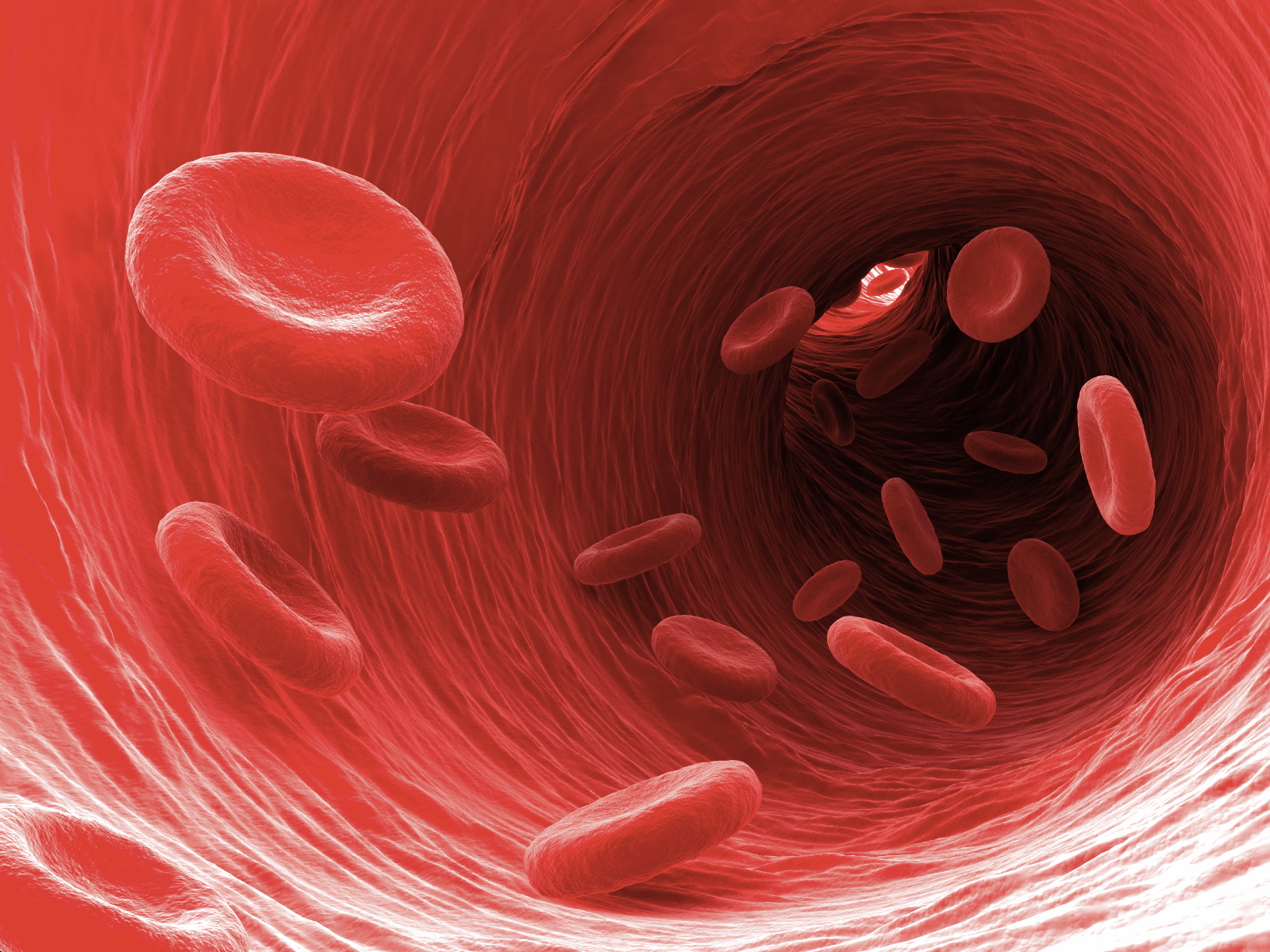
A new proof-of-concept study is suggesting a novel blood test could effectively predict a person’s risk in developing a broad array of different diseases. The prospective test is being dubbed a “liquid health check” and uses machine learning models to identify patterns of proteins that can be linked to particular health conditions.
“Proteins circulating in our blood are a manifestation of our genetic make-up as well as many other factors, such as behaviors or the presence of disease, even if not yet diagnosed,” explains Claudia Langenberg, one of the University of Cambridge researchers working on the project. “This is one of the reasons why proteins are such good indicators of our current and future health state and have the potential to improve clinical prediction across different and diverse diseases.”
The idea behind the prospective blood test is that certain health conditions can be detected by identifying specific protein patterns in a blood sample.
Using a newly developed platform called SomaScan, 5,000 individual proteins can be studied from a single blood sample.
Using this data particular protein expression patterns can be correlated with various health and fitness conditions, but perhaps more importantly, machine learning techniques can generate predictive models. This means protein expression data can hypothetically be used to identify the likelihood of a person going on to develop conditions such as type 2 diabetes or cardiovascular disease.
The new study tested the efficacy of predicting 11 different health indicators using these protein expression patterns. Some models were more effective than others, such as the protein expression model predicting percentage body fat. The cardiovascular risk model was cited as only modestly predictive, however, the researchers do suggest the protein-pattern-based system is generally more convenient, and cheaper, than many traditional tests currently available for evaluating health conditions.
“It’s remarkable that plasma protein patterns alone can faithfully represent such a wide variety of common and important health issues, and we think that this is just the tip of the iceberg,” says Stephen Williams, CEO of SomaLogic, the startup working to commercialize this technology. “We have more than a hundred tests in our SomaSignal pipeline and believe that large-scale protein scanning has the potential to become a sole information source for individualized health assessments.”
